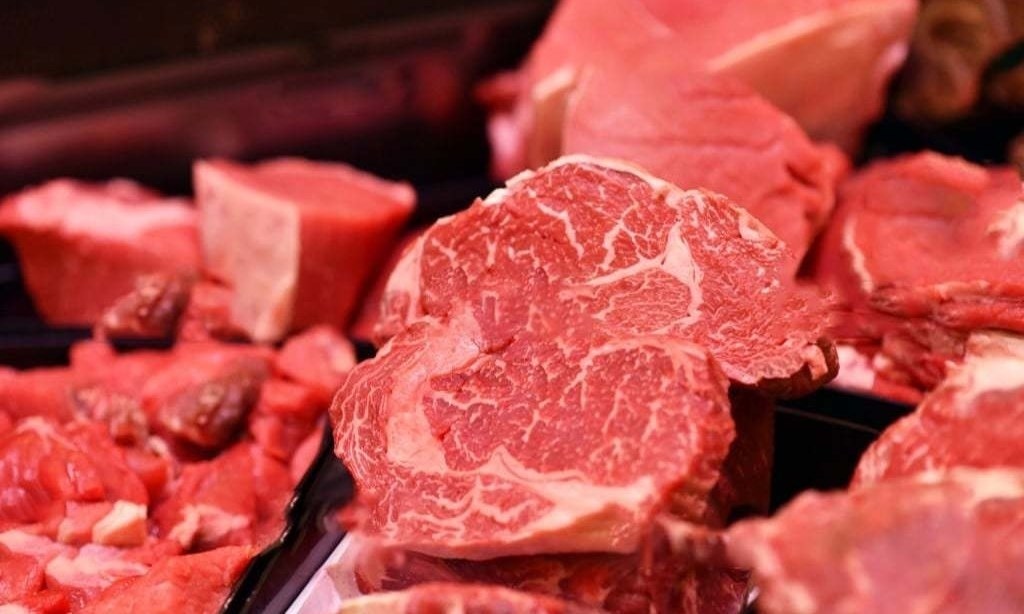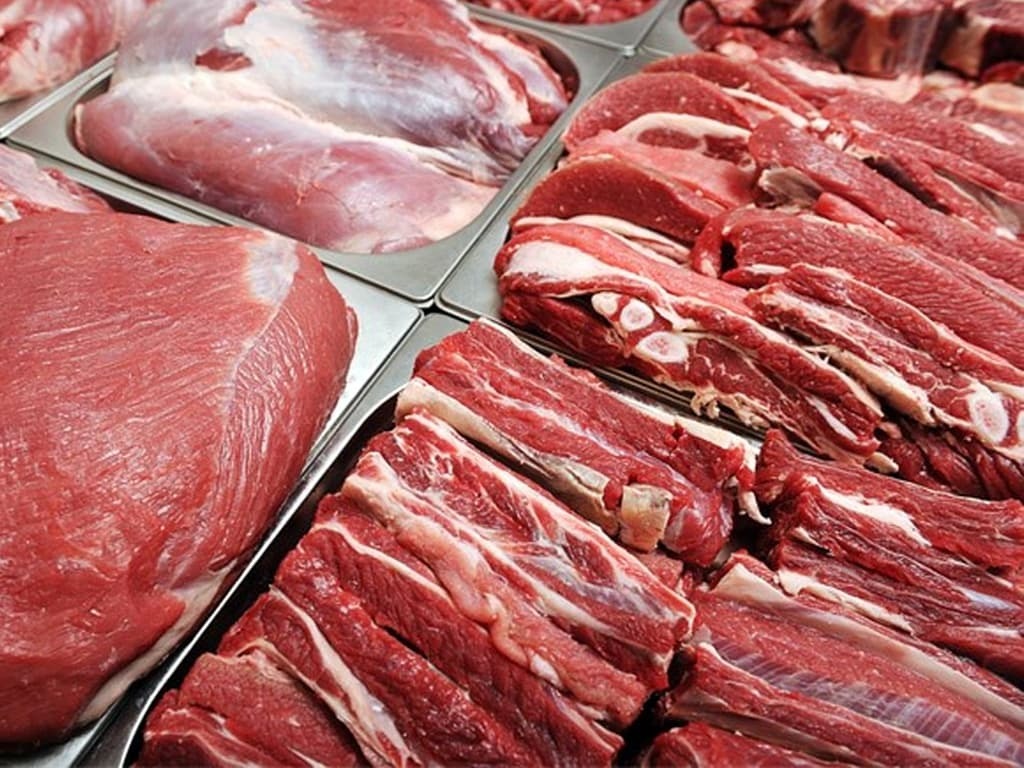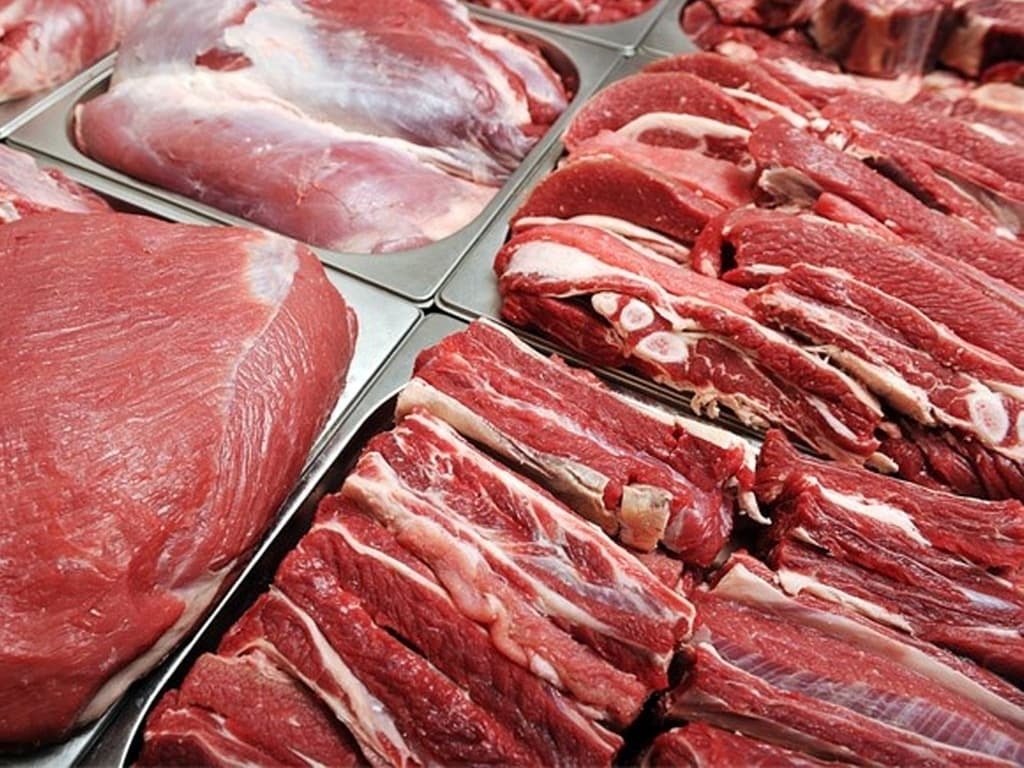Pakistan Halal Authority Aims to Capture The International Market With Exports
Jehangir Nasir
The newly established authority in Islamabad is ready has set targets to export products, especially meat, to get Pakistan’s due share in the rapidly growing global Halal market.
Director-General, PHA, Ministry of Science and Technology, Dr. Muhammad Tariq Masood said:
Pakistan with 160 million livestock is among the top livestock producing countries but unfortunately has a minimal share in the $3 trillion estimated livestock product output including milk, beef, mutton, poultry meat, eggs, wool, hair, skins, hides, and bones.
He was of the view that since Pakistan is an Islamic country, the Muslims residing here take it for granted if the eatables including meat, packed food items, etc are halal and don’t explicitly mention it on the packaging.
However, Muslims residing in other countries are more concerned about the availability of Halal products, especially meat. A large number of Pakistanis are living in other countries including Gulf countries, the United States, the United Kingdom as well as European countries which increase the demand for Halal meat substantially.
Tariq Masood, who is also serving as Joint Scientific Advisor in the ministry, said that Pakistan is the fifth largest dairy producer and supplier of cattle. It has huge potential in livestock, dairy and poultry sectors and could export Halal products worth $5 to $6 billion a year by adopting new measures.
Since the Gulf countries had lifted their ban on Pakistan poultry imports (imposed in 2004 following bird flu incidents) it is the right time for Pakistan to make its mark in the Gulf countries and around the world.
Dr. Masood said that maintaining a record of the animals that are slaughtered, ensuring the adoption of Halal procedures during slaughtering, and packaging and training of the workers in this field is also very crucial to raise international demand for Pakistani Halal meat.
He said that PHA will place its logo and stamp on the Halal products after checking the quality and standard for a minimal fee of Rs. 5,000 which will be acceptable for export to different countries.
Dr. Tariq Masood informed that PHA is working on introducing a subject related to Halal products at the university level which is needed for promoting awareness about this subject and motivate scholars to conduct research on permissible and nonpermissible foods, non-foods and services scientifically and religiously.
It is unfortunate that the concept of Halal (permissible in religion) is just limited to meat for a common man however it has a bigger scope as it covers medicine, cosmetics, procedures as well as dresses and shoes.
The pilot project of establishing PHA in the federal capital will afterward be replicated by the provinces to educate citizens and utilize Halal products’ trade potential. It is pertinent to mention here that PHA will secure international recognition of the Halal logo to build confidence in the Halal Certification system and Pakistani Halal products abroad.
The authority will also coordinate with national and international organizations for strengthening the Halal sector and promote and encourage the establishment of libraries and laboratories for this purpose.












